Weight loss appears to be on most Americans' minds these days with new diet fads popping up left and right. However, how many of these so called “diets” are effective? The Keto or Ketogenic diet is among them, rising in popularity. The emergence of Keto cookies and ice cream can be seen at many health food stores, but does this diet actually do more harm than good? According to Harvard Health, going Keto is not the best option for individuals looking to lose weight and/or get healthy. In fact, going Keto could actually cause serious health risks; however, many individuals and medical professionals also believe going Keto could aid in weight loss. Today, we discuss how to determine if this diet is for you.
What Is the Ketogenic Diet?
The Ketogenic diet is essentially a low carb, high fat diet. The goal is to get more calories from fat than carbs. The diet forces your body into using ketone bodies, a type of fuel the liver produces from stored fat, instead of relying on sugar from carbohydrates. It is not easy to get the liver to make ketone bodies. In order to do so, you must do the following:
- Deprive yourself of carbohydrates (less than 20 to 50 grams of carbs per day)
- Reduce protein intake (eating too much protein actually interferes with your ability to reach ketosis)
- Increase your intake of high quality fats (seafood, avocados, grass-fed meat, poultry, eggs, coconut oil, etc.)
What Can You Eat on the Keto Diet?
The Keto diet has such a high fat requirement, which means you must eat fat at every meal. You will be eating a high amount of saturated fats from oils, (such as coconut oil) butter, ghee, lard, and cocoa butter on the Keto diet. You can have some healthy unsaturated fats as well, such as some nuts, avocados, seeds, and olive oil. You can eat protein, but not too much and you can have vegetables that are low in carbs. Some vegetables that are suitable on the Keto diet include but are not limited to broccoli, Brussel sprouts, asparagus, bell peppers, mushrooms, celery, squash, cauliflower, and leafy greens. You are restricted to certain fruits, like berries, in small portions.
Are There Any Risks Associated with the Keto Diet?
A Ketogenic diet does pose several risks as you will be eating a lot of saturated fat. Saturated fat can lead to heart disease. Some additional risks of this diet include the following:
Kidney problems
Liver problems (can make existing liver conditions worse due to the amount of fat the body needs to metabolize)
Nutrition deficiencies
- Constipation
- Irritability
- Mood swings
- Low blood pressure
- Digestive issues
- Poor bone health
What Are the Benefits of a Keto Diet?
The benefits of the Keto diet include that it may aid with weight loss, boosting your metabolism and reducing your appetite. Additionally, cutting carbs can help keep your blood sugar and insulin levels low. A low carb diet can also keep your blood pressure low.
If you do decide to try out the Keto diet, it is important that you speak to your doctor and/or nutritionist to determine if this type of diet is a healthy choice for you.
Should You Try the Keto Diet?
If you are on the fence about trying out the Keto diet, speak to a licensed professional, such as a nutritionist or dietitian. It is best to have a good understanding of your health, eating habits, and your goals before doing so. If you have a history of liver, kidney, or gallbladder problems, the Keto diet is not typically recommended. However, professional advice is your best bet before determining if you should go Keto.
If you are looking for a way to eat healthier, contact us online today to learn more about our organic, non-GMO meals.

